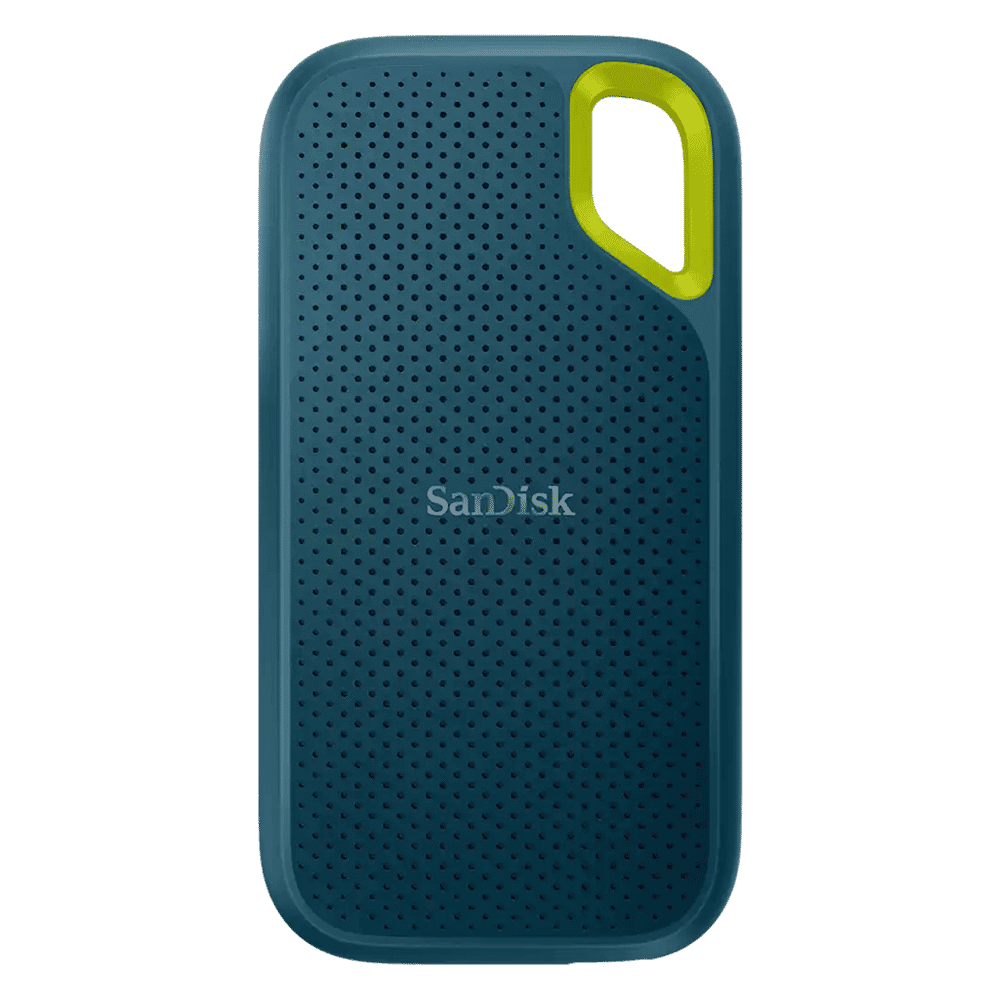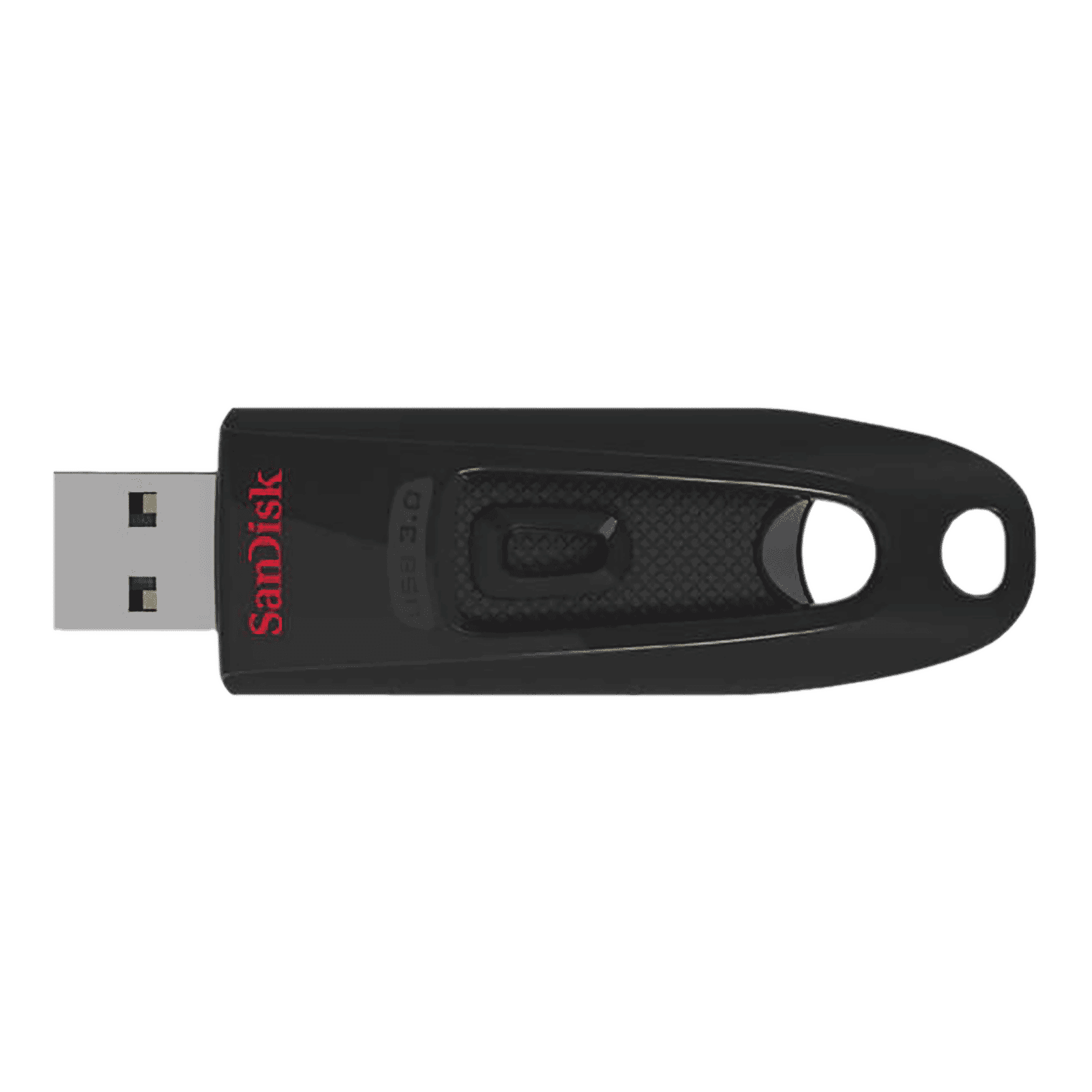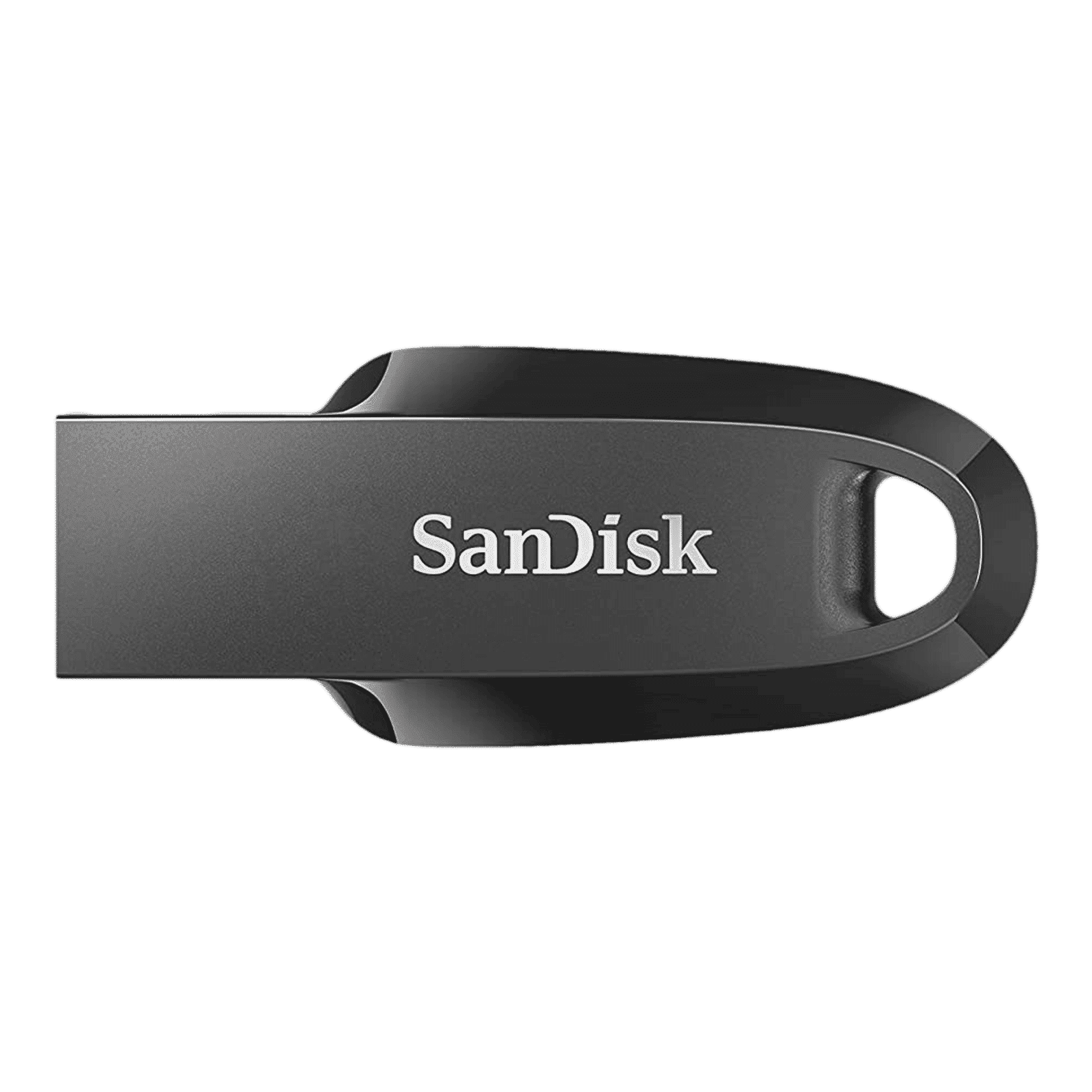%20(Presentation)%20(1600%20x%20600%20px)(522)-b6448483-4793-493b-b416-fb3d5191c347.webp&w=3840&q=75)
Consumer Electronics
•04 min read

Buy SanDisk Extreme 1 TB USB Type-C (3.2) Portable Solid State Drive (Drop Protection, Monterey) online at best prices from Croma. Check product details, reviews & more. Shop now!
In an increasingly digital world, the storage solution you choose can have a huge impact on the way you work and play. With options ranging from the scalability of cloud storage to the impressive speed of SSDs, it’s important to understand what each has to offer to make an informed decision that aligns with your needs.
Cloud storage is a service that lets you save your data remotely on servers, making it accessible from anywhere with an internet connection. This means you can access your files on various devices and enjoy the benefits of automatic backups. Cloud storage is often celebrated for its scalability – a feature that means you can easily extend your storage as your needs grow.
An SSD (Solid-State Drive) is a storage device that uses integrated circuit assemblies to store data persistently. Unlike traditional hard drives, SSDs have no moving parts, which makes them more durable and energy efficient. They are highly valued for their fast read/write speeds, ensuring that your data is accessed quickly and reliably.
When it comes to performance, SSDs are known for their rapid data access, making them ideal for tasks that require immediate availability of large files. On the other hand, cloud storage offers excellent remote accessibility, meaning you can retrieve your files from virtually anywhere. However, the speed of cloud storage is subject to your internet connection, which may sometimes cause delays when compared to the lightning-fast performance of an SSD.
Cloud storage services excel in terms of scalability. They allow you to expand your storage easily without having to worry about physical constraints. SSDs, while offering impressive performance, can be limited by their fixed storage capacity and typically come with a higher cost per gigabyte. A cloud storage comparison highlights that scaling up storage in the cloud is often more cost-effective compared to upgrading to a larger SSD.
Data security is another factor where these two options differ. Cloud storage providers invest heavily in data encryption and comply with strict security protocols to protect your data, while SSDs are designed to be durable and resistant to physical shocks. Nevertheless, for data recovery and protection against external threats, cloud storage solutions tend to offer advanced mechanisms, although they rely on continuous internet connectivity.

Buy SanDisk Ultra 32GB USB (3.0) Pen Drive (Portable Design, Black) online at best prices from Croma. Check product details, reviews & more. Shop now!
Cloud storage offers several advantages: its scalability, remote access capabilities, automatic backups, and collaborative features make it a versatile choice for modern digital needs. However, it does come with certain drawbacks, such as its dependence on a steady internet connection and concerns related to data security, as your data is stored on remote servers. Additionally, there are subscription costs that can add up over time.
SSDs provide fast performance and reliability, making them the preferred option for users requiring rapid data access. They’re durable, energy efficient, and highly portable. On the downside, more affordable SSD models often come with limited storage capacity, and over time, there might be performance degradation. The upfront cost per gigabyte for SSDs is generally higher compared to cloud storage alternatives.
For personal use, such as storing photos and documents, both cloud storage and SSDs have their merits. If you value being able to access your files from multiple devices and enjoy the convenience of automatic backups, cloud storage is a strong contender. However, if you require quick access to large files and prefer having tangible hardware at hand, an SSD might be the better choice.
Businesses often face distinct challenges when it comes to data storage. Cloud storage is typically favoured for its collaborative features and dynamic scalability, making it easier for teams to work together regardless of location. At the same time, small businesses that rely on fast data access for day-to-day operations might lean towards the performance benefits of SSDs. It’s essential for business users to consider their specific requirements, including data security and turnaround times.
An innovative solution is to combine both SSD and cloud storage. This hybrid approach allows you to enjoy the best of both worlds – leveraging the speed of SSDs for local access while using cloud storage for scalable backups and remote accessibility. This strategic combination helps overcome limitations inherent in each individual solution, aligning with forward-thinking strategies that resonate with customers seeking progress and seamless digital experiences.
Expert Tip
Did you know? Combining SSDs for fast local access with cloud storage for scalability can provide the best of both worlds—speed and flexibility.

Buy SanDisk Ultra Curve 32GB USB (3.2) Pen Drive (Compact Design, Black ) online at best prices from Croma. Check product details, reviews & more. Shop now!
Cloud storage depends on internet speed and may not match the high-speed performance of SSDs for local data access.
Cloud storage relies heavily on internet connectivity and may pose security risks due to data being stored remotely.
SSD offers faster access and better performance for large photo files, while cloud storage provides scalability and remote access.
SSDs have a higher upfront cost per gigabyte, while cloud storage typically has ongoing subscription fees based on storage capacity.
Yes, combining SSD for local fast access and cloud storage for scalable backups can be a highly effective solution.
Choosing between cloud storage and SSD depends on your specific needs, including performance, scalability, security, and budget. Both solutions offer unique benefits and potential challenges. For example, families looking for seamless shopping on Tata Neu can appreciate the simplicity and speed akin to SSD performance, while the rewards, like NeuCoins, parallel the scalable value of cloud storage. Ultimately, by understanding the fundamental differences and evaluating your personal or business use cases, you can opt for a storage strategy that best supports your digital lifestyle.